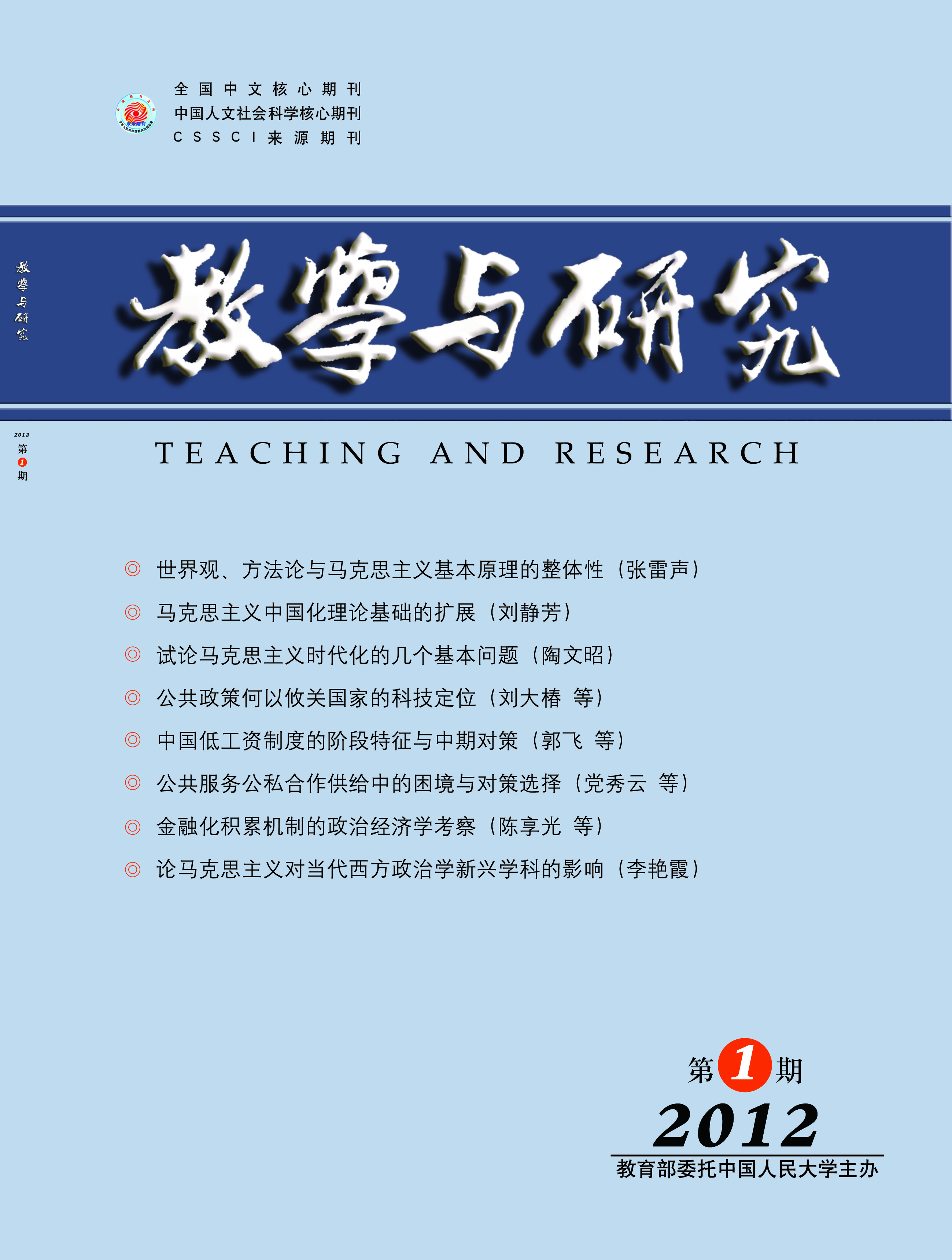|
|
University Value Education under the Influence of Mass Culture
XIE Xiao-Juan
2012, 47 (1):
87-92.
DOI:
Mass culture exercises strong but subtle influence on value formation of university students because of its characteristics of equal participation, a variety of choices, and entertaining expressions. On the one hand, mass culture provides a democratic agenda that offers various opportunities of life chooses for university students. On the other hand, mass culture tends to cause cognitive confusion in values and errors in judgment. In view of this situation, it is important that university value education should, first of all, accept the wide spread influence of mass culture, but the contents of value education should stress mainstream culture, and balanced information about value should be introduced. Meanwhile, sufficient respect should be given to the individual preferences of university students.
Related Articles |
Metrics
|



